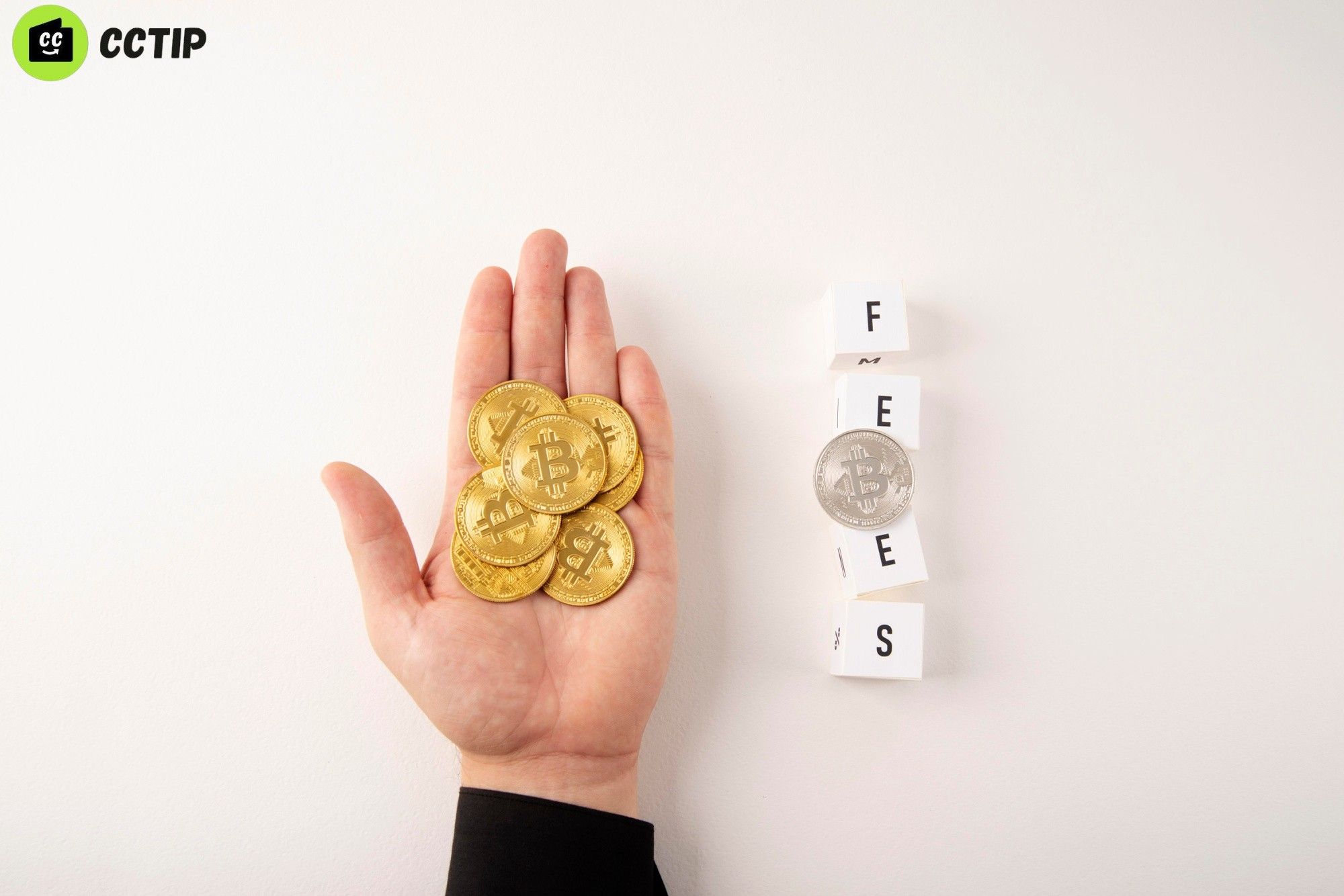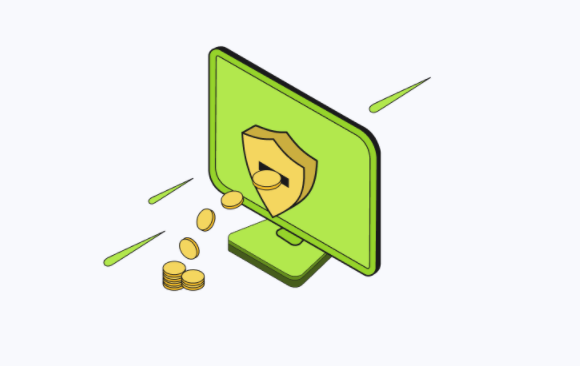How To Choose The Best Crypto Wallet With The Lowest Fees For Beginners
The beauty of the CCTIP wallet is that we charge zero transaction fees, allowing you to maximize your profits; we charge: - No Internal swap fees - No Internal/ External withdrawal fees - No Fees on Deposit - Lowest Network fees - No Extra Charges or Fees!

If at this point, you don’t have some crypto assets to your name, no matter how small, then people may say that you’re behind the times and outdated, and yes, we agree. Cryptocurrency has been shaping the future of global finance for over a decade now, and everyone smart enough to open a webpage like this should have a cryptocurrency wallet. Well, the good news is that you’re still an early adopter; as of early 2022, only a little over 300 million people are using cryptocurrency globally, which is under 5% of the world’s population. So, consider yourself an early adopter if you’re among the other 95%.
Starting your crypto journey is pretty easy; all you need is to own a crypto wallet and transfer in or buy some crypto assets, and you’re good. However, choosing the right crypto wallet for a beginner may be somewhat challenging. Therefore, this article intends to guide you in choosing the right wallet for your first cryptocurrency.
Already have some crypto assets? Don’t stop reading just yet! Even if you already have some cryptocurrencies in some wallet but aren’t sure if you are using the cheapest possible service, stay tuned, and find out how to pay zero fees on transactions.
What is A Crypto Wallet?
A cryptocurrency wallet is a piece of software or hardware that uses blockchain technology to safely administer, transmit and manage cryptocurrencies. Unlike your typical purse or wallet, where you physically keep fiat money, cryptocurrency wallets only hold digital (intangible) assets.
Categories of A Crypto Wallet
Typically, wallets are categorized into custodial and non-custodial wallets. Basically, custodial wallets take custody of your private keys (which means they are responsible for your security). However, with non-custodial wallets, you are responsible for managing your private keys; hence, your security lies in your hands.
Click here for a detailed comparison between custodial and non-custodial wallets, their merits, and their demerits.
When starting out your crypto journey, you may not be familiar with the essential security tips to protect yourself from theft and malicious attackers; hence, it is usually advisable to start off with a custodial wallet service that can manage your private keys, allowing you to access your assets with the regular email, password, and two-factor authentication, exactly how you’d access your social media account. Hence, you can manage risks.
Choosing A Custodial Wallet
There are many custodial wallet service providers that can help you secure your private keys, as described above. However, it is important to consider the “fee” factor when choosing a custodial wallet service provider. Below are some of the common fees charged by custodial wallet service providers.
- Service charges: Some custodial wallet service providers demand a fee before allowing you access to their services. Sometimes these fees are one-time; at other times, they could be periodical.
- Deposit and Withdrawal fees: This is very common among custodial wallet service providers; they charge fees on any money you receive and send out; this amount could be fixed or set at a percentage of your transactions.
- Swapping fees: Swapping involves changing one cryptocurrency for another without visiting the “spot trading” market. This is usually carried out by the wallet provider; hence, they may require some fees to swap your assets.
- Network fees: Network fees are unavoidable; they are paid to the network validators to confirm the legitimacy of your transaction. Network fees differ on several blockchain networks; for example, network fees on the Ethereum network are more expensive than network fees on the Tron network.
One of the likely reasons why you invest in cryptocurrency is to make profits; however, if you incur huge fees in your investment process, you may lose a considerable part of your profits to fees that can be otherwise avoided. For example, if you deposit 100 USDT and incur a $1 fee, then you swap to Bitcoin, incurring a $2 fee. Assuming your Bitcoin swap is profitable and you now have $115 worth of Bitcoin before swapping it back to USDT (incurring another $2) swap fee, before finally withdrawing from the wallet for another 1$ fee.
Typically, you should have made a $15 profit; however, due to the several fees, you would have lost about $6 (which amounts to 40% of your profits). So, choosing a custodial wallet service with ZERO fees is important.
CCTIP Wallet - Enjoy ZERO Fees

CCTip is a custodial wallet provider that lowers the entry barrier for crypto usage. You can create a CCTip wallet in one click using your Twitter, Telegram, or Discord accounts and immediately get access to deposit, withdraw, tip, and even earn by playing airdrop games.
The beauty of the CCTIP wallet is that we charge zero transaction fees, allowing you to maximize your profits; we charge:
- No Internal swap fees
- No Internal/ External withdrawal fees
- No Fees on Deposit
- Lowest Network fees: lowest gas limit, enabling you to pay the cheapest network fees.
- No Extra Charges or Fees!
Comparison of Fees Charged: CCTIP Wallet vs. Other Wallets
CCTIP Wallet stands out among other wallets because of its wide variety of features and its unique zero fees structure.
Fees do not apply ❌ Fees Apply ✅
As a result of our zero-fee model, the CCTIP wallet allows you to maximize your profits. Our algorithm ensures that you pay the cheapest network fees by automatically selecting the cheapest gas limit that will confirm your transaction quickly.
How to Use The CCTIP Wallet and Benefit from ZERO Fees
As thousands of users have confirmed, using the CCTIP wallet is very easy. All you need to do is download the mobile app, or sign up on the desktop version, and you can immediately benefit from our ZERO fee policy.
For more details, please join our communities via Twitter, Telegram, Reddit, and Discord.